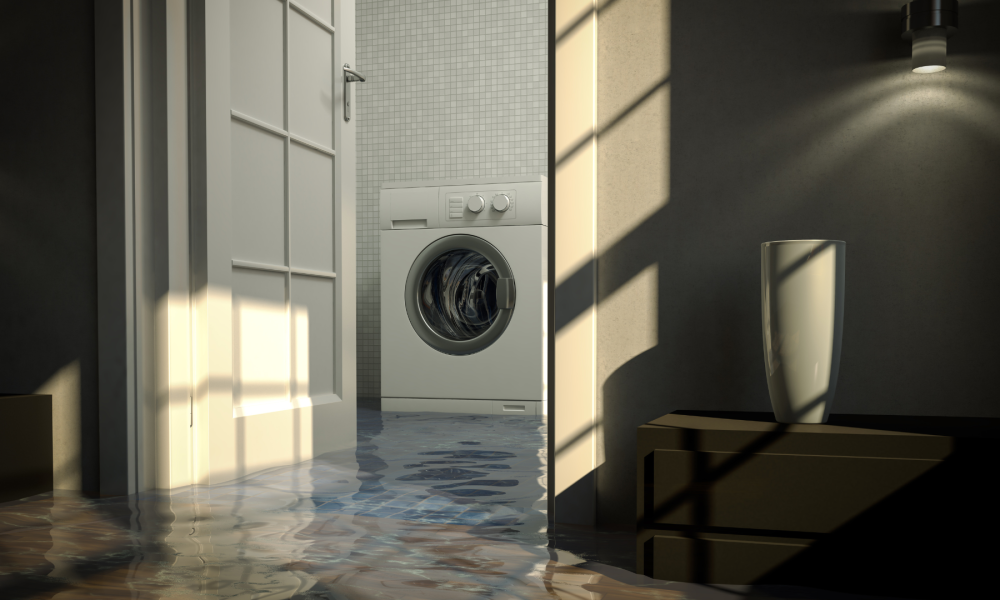The majority of homeowner’s insurance claims are preventable with just a little bit of scheduled effort.
While many people tell you to be prepared for major calamities like floods, tornadoes, or earthquakes, the fact is that the majority of homeowner’s claims are for damage that is caused by their maintenance issues.
Today we look at four claims that should never happen to you if you stay on top of the maintenance.
Washing machine issues
Inspect your washing machine twice a year for any issues that could lead to a major leak. These tips should help you head off any problems in the future:
• Inspect all hoses and look for cracking, peeling or loose hoses: Replace rubber hoses with braided stainless-steel hose
• Don’t overload your machine, as stuffing too many clothes and linen in at one time can lead to an unbalanced load and leakage.
• Be sure to keep the machine level.
• Clean the inside once a month. That means looking for obstructions or any stray pieces of fabric.
• Clean out the detergent/fabric softener dispenser, which can get clogged up – especially with powder detergent.
Bathtub and shower water leaks
Some of the worst water damage happens to the bathroom floor underneath and around the tub and shower.
You should keep an eye out for cracked seals and grout. Water can seep through those tiny cracks and damage the floor beneath.
Regularly inspect for any holes in the caulking or signs of potential damage. Look for stains or soft places on walls, floors, and ceilings near the bathroom to determine whether a leak is occurring.
Replace shower pans every 15-20 years.
If you do find a leak or major problem within your bathroom, you should call a plumber as letting leaks go unfixed will only lead to further damage.
Toilet issues
Toilets are also a source of water damage. In a new home, the toilet can fail through a faulty supply line.
In older homes, toilet issues are usually in the form of a slow leak or clogging, which can lead to water damage if unchecked.
The first thing that must be done is to caulk all around the toilet. This way, even if an overflow does occur, the water will not be able to trickle down under your tile or linoleum floor.
If your toilet clogs, act quickly by opening the tank and lifting the flapper to prevent more water from coming in and overflowing the bowl. When possible, replace the supply-line gate valves with ball valves, which can reduce the risk of overflowing.
Roof leaks and collapses
Consider the roof as your home’s protective shield against the elements. The key to long life for your roof is basic maintenance, which includes cleaning your rain gutters twice a year inspecting shingles, and replacing any that are damaged.
During the winter storms in colder climates, monitor roof conditions to protect against roof collapse from accumulated snow or ice. You should be aware of the warning signs that your building structure is under significant stress, such as:
• Deflection or cracking of structural members.
• Cracks that have recently developed in interior and exterior walls and ceilings.
• Cracked or broken windows.
• Unusual creaking or popping sounds.
• Doors or windows that bind or do not open and close properly due to cracked frames.
If you notice any of the above, you should call in a qualified structural engineer for an immediate inspection.



